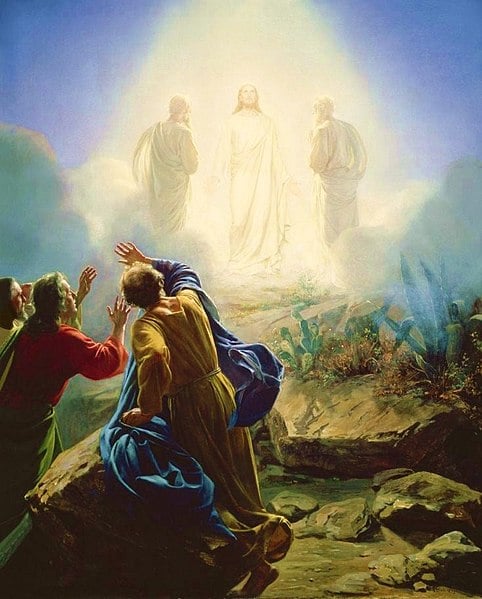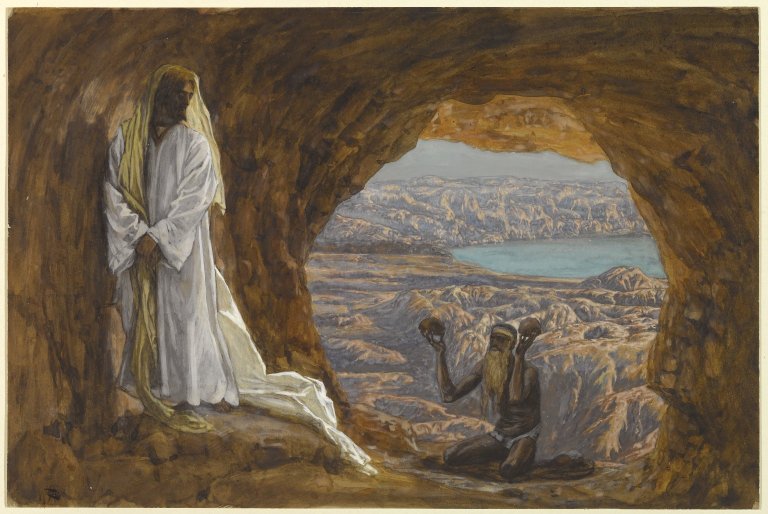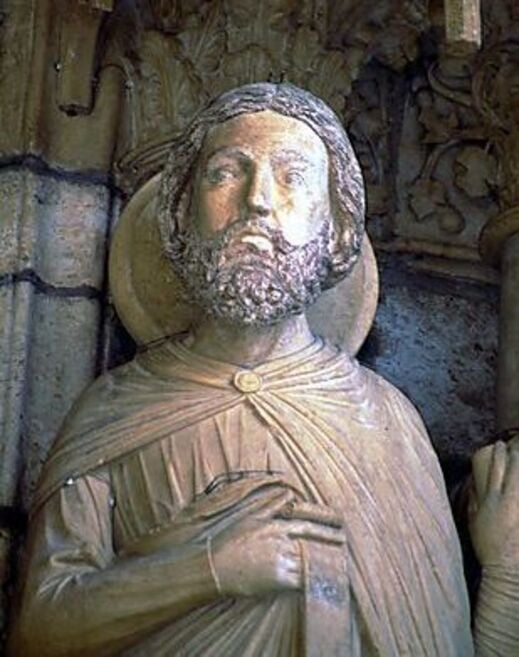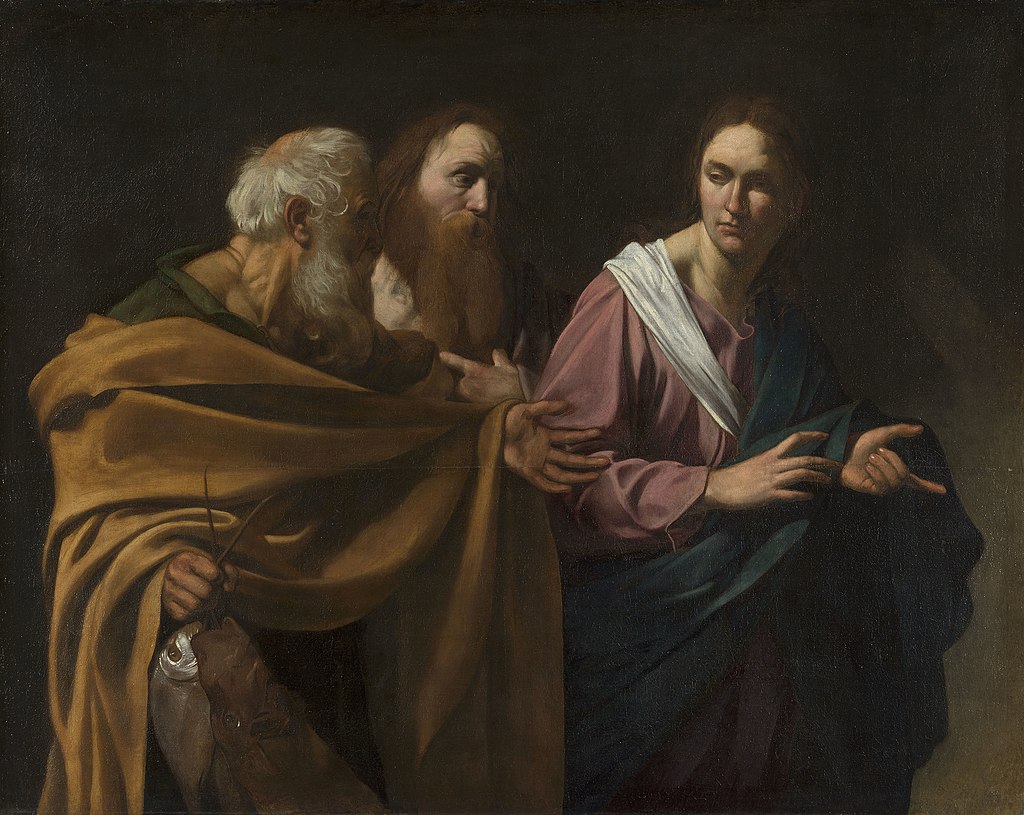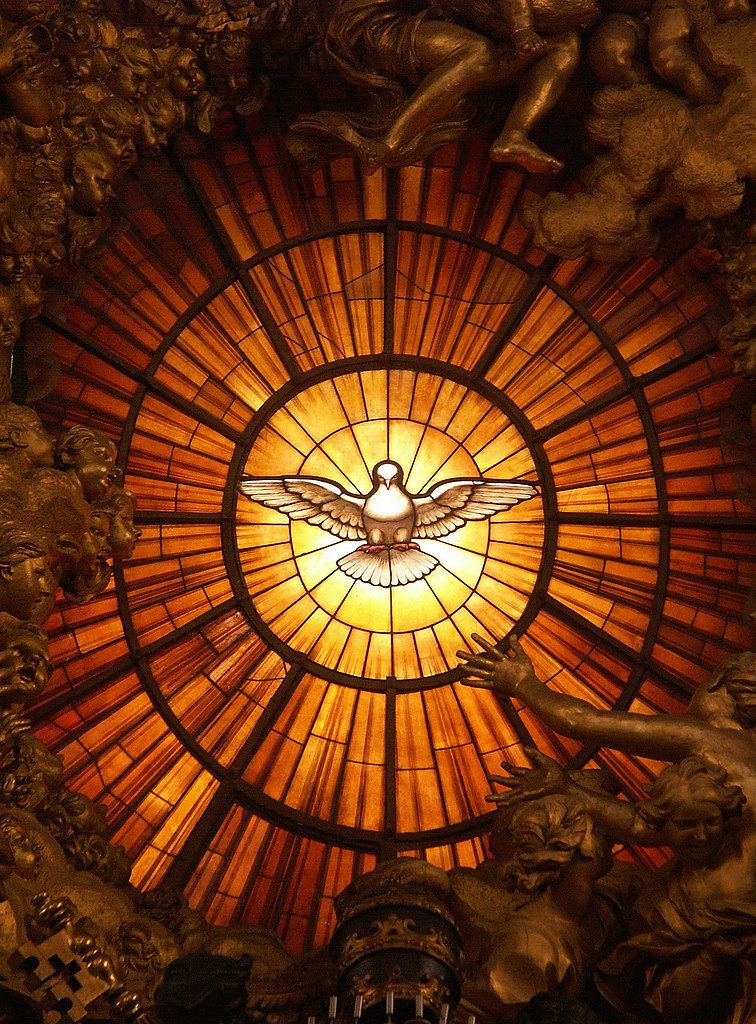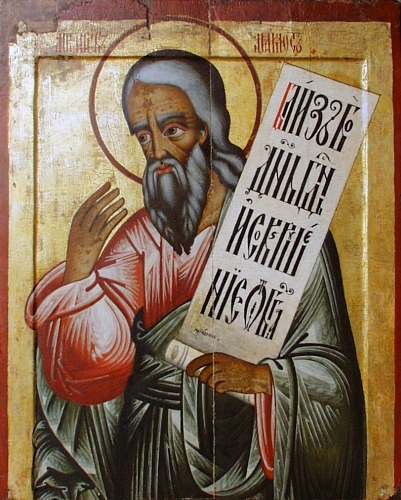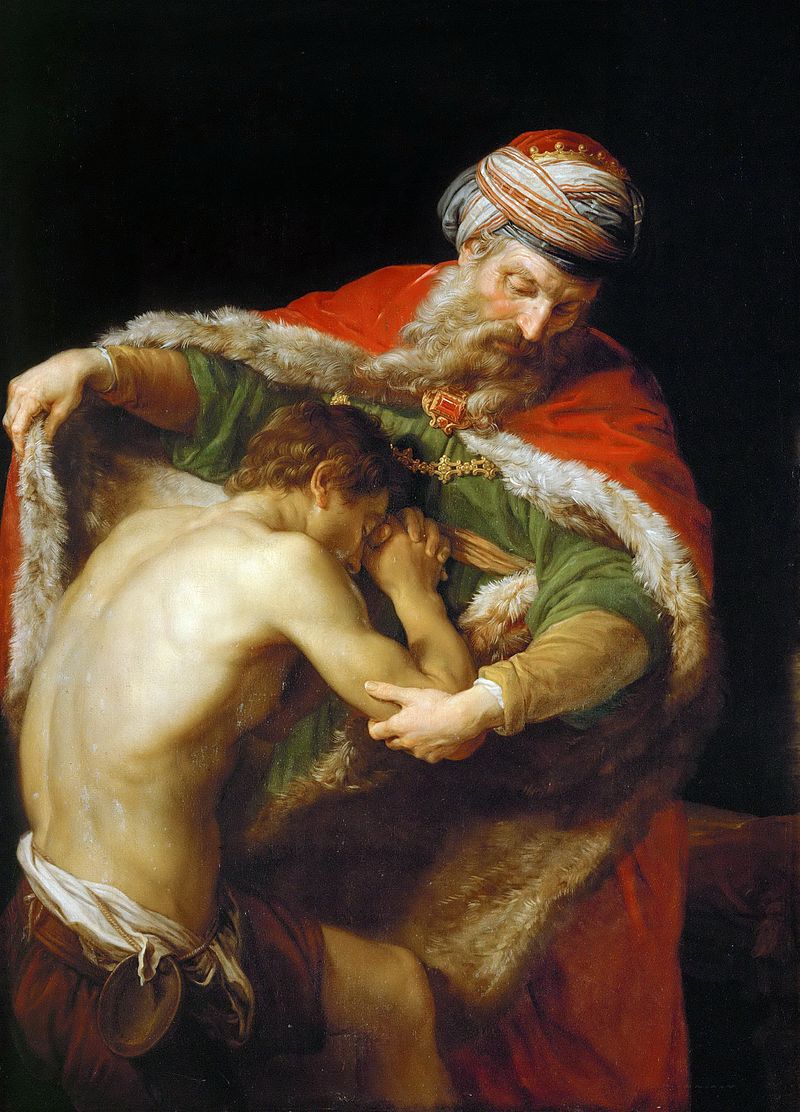A reading from the Book of Exodus
(Chapter 17:3-7)
In the scene described in this reading, the Israelites have been wandering in the dessert for years since their escape from Egypt; they are hungry and thirsty. They complain to Moses,“Why did you ever make us leave Egypt? Was it just to have us die of thirst with our children and our livestock?” In Egypt, they had led a horrible existence of slavery and violence; yet, that seems better compared to their present suffering. “So, Moses cried out to the Lord, ‘What shall I do with this people?’” The Lord instructs Moses to go to the rock of Horeb: “Strike the rock, and the water will flow from it for the people to drink.”
So goes the continuing story of God’s relationship with the Israelites. With each crisis they face, their faith is tested, often beyond their ability to be faithful. No matter! God is always with them.
Thousands of years later, we face our own crises on personal and societal levels. A family member dies painfully, tragically, or unexpectedly. Sickness strikes. A relationship shatters. Addiction takes over a family. And then there are the crises of our society: the pandemic, hunger, poverty, homelessness, injustice, racism, sexism, climate change. Our relationship with God is tested in all these crises.
The key to our relationship with God and our spiritual, emotional, and physical health is what God has said to us in the Hebrew Scriptures and what Jesus said in the Gospels: “I am with you always.”
Responsorial Psalm
(Psalm 95: 1-2, 6-7, 8-9)
“If today you hear his voice, harden not your hearts.” Do you know someone who has a hardened heart, someone who can no longer hear God’s voice? Maybe your prayer for that person will reach his or her. It may take a while, maybe a long while, but do not give up. “I am with you.”
A reading St. Paul's Letters to the Romans
(Chapter 5:1-2, 5-8)
Paul tells his brothers and sisters in Rome, “Since we have been justified by faith, we have peace with God through our Lord Jesus Christ, through whom we have gained access by faith to this grace in which we stand, and we boast in hope for the glory of God. And hope does not disappoint, because the love of God has been poured out into our hearts through the Holy Spirit who has been given to us.”
Let’s read that last line again: “The love of God has been poured out into our hearts through the Holy Spirit who has been given to us.” It is not as though the love of God is something outside of us. No, it is within us, because the very Spirit of God is in us. Do you believe that God’s Spirit is alive in you?
A reading from the holy Gospel according to John
(Chapter 4:5-42)
This is the story of Jesus meeting the Samaritan woman at the well, and it links with our first reading about water flowing from a rock through the power of God.
“Jesus, tired from his journey, sat down there at the well…. A woman from Samaria came to draw water. Jesus said to her ‘Give me a drink.’” The woman then asked, “‘How can you, a Jew, ask me, a Samaritan woman for a drink? For Jews have nothing to do with Samaritans….’ Jesus answered and said to her, ‘If you knew the gift of God and who is saying to you ‘Give me a drink’ you would have asked him and he would have given you living water.’”
The woman was skeptical and asked him, “Are you greater than our father Jacob who gave us this cistern and drank from it himself?” Jesus answered, “Everyone who drinks this water will be thirsty again; but whoever drinks the water I will give will never thirst; the water I will give will become in him a spring of water welling up to eternal life.”
This woman had a hard life, with five husbands, but Jesus did not condemn her. She believed in him and told everyone in town about him. Jesus wound up staying there two days, and, “Many more began to believe in him because of his word.”
The fact that Jesus spoke in public to a woman who was not his wife—and a Samaritan at that—shocked his disciples at first, but Jesus did not care. He wanted to reach out to someone whose neighbors might have seen her as a great sinner, so he said, “the Father seeks such people to worship him.” She did, and so did the other Samaritans who were considered by Jewish people to be heretics. We can declare with them: “We know that this is truly the savior of the world.”
✝️
Painting: Jesus and the Samaritan Woman at the Well by Giovanni Francesco Barbieri (Guernico), 1640-1641. Thyssen-Bornemisza Museum, Madrid. Public domain.
Excerpts from the English translation of the Lectionary for Mass © 1969, 1981, 1997, International Commission on English in the Liturgy Corporation (ICEL). All rights reserved.
Bill Ayres was a founder, with the late singer Harry Chapin, of WhyHunger. He has been a radio and TV broadcaster for 40 years and has two weekly Sunday-night shows on WPLJ, 95.5 FM in New York. He is a member of Our Lady Queen of Martyrs Church in Centerport, New York.

